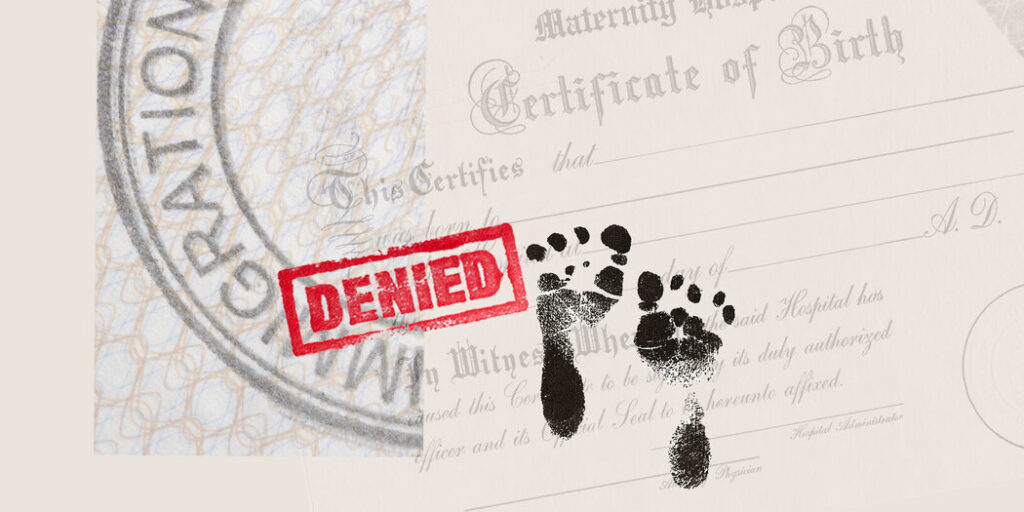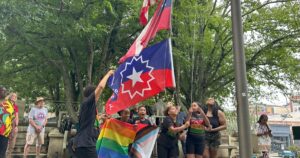Trump’s Birthright Citizenship Executive Order Sparks Constitutional Debate
Recently, President Trump declared his intention to dismantle birthright citizenship through an executive order, a move that has ignited considerable controversy and criticism. Legal experts and scholars argue the order directly contradicts the 14th Amendment of the U.S. Constitution, and it is expected to face significant legal challenges.
The 14th Amendment, ratified in the aftermath of the Civil War, plays a crucial role in defining American citizenship. Its language is explicit: “All persons born or naturalized in the United States, and subject to the jurisdiction thereof, are citizens of the United States and of the State wherein they reside.” This provision emerged as a response to the racialized class system that had denied enslaved individuals basic rights. It marked a decisive shift away from those practices, asserting that anyone born within the U.S., regardless of parentage or status, is inherently a citizen.
The Supreme Court has upheld this interpretation for more than a century. In the landmark case of United States v. Wong Kim Ark in 1898, the Court confirmed that birthright citizenship was “ancient and fundamental” when it ruled in favor of Wong Kim Ark, a San Francisco-born man denied reentry to the U.S. after visiting his parents in China. This case relied heavily on the 14th Amendment, affirming the principle that birthplace determines citizenship.
The controversy over birthright citizenship has persisted, with opponents, including Trump, arguing that children of undocumented immigrants should not be granted citizenship. They claim these individuals are not “subject to the jurisdiction” of the U.S. Nevertheless, this argument is challenged by the reality that undocumented immigrants are required to obey U.S. laws, including taxation, similar to citizens.
Legal analysts predict that Trump’s executive order will be swiftly contested in court. Its survival is uncertain, given the strong constitutional precedents supporting birthright citizenship, even before a Supreme Court that includes conservative Trump appointees. The historical context remains significant; even the Supreme Court during the era of Plessy v. Ferguson upheld the principle of birthright citizenship in Wong Kim Ark despite its otherwise regressive rulings.
The debate raises questions about the potential stance of the current Supreme Court, which has previously maneuvered complex legal landscapes to avoid direct clashes with Trump’s policies. However, backing the constitutional guarantee of birthright citizenship does not require any new legal interpretation. It simply involves adhering to established constitutional doctrine.
As the nation observes the unfolding legal battles, the broader question of constitutional fidelity remains at the forefront. Protecting the founding principles enshrined in the Constitution demands vigilance and a commitment to legal integrity, regardless of the political climate or presidential directives.





